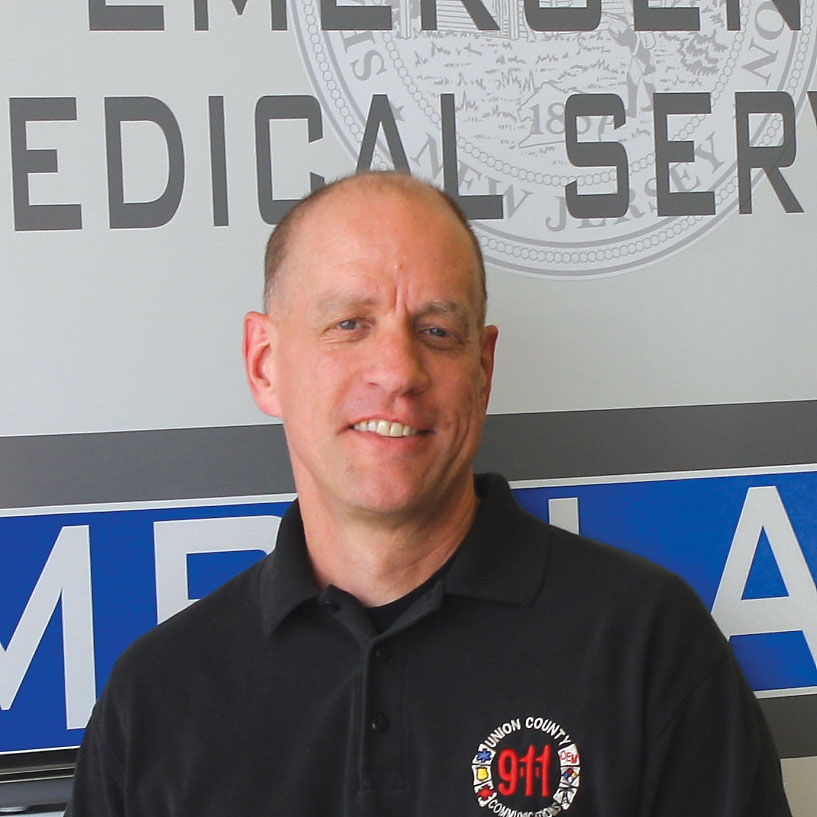

Verbal Tools For Dispatch

Columns

Art Braunschweiger
When someone is told “You’re acting like a child,” it’s not usually intended as a compliment. But if we only had to deal with children all day long, our lives would be much easier. Think about it: Kids are pretty transparent. They’re very up front about how they’re feeling, they’ll generally tell you exactly what you want to know, and they are often far less emotional than adults during times of crisis. That’s because children, especially younger ones, don’t have enough life experience to know when to panic.
Adults, on the other hand, connect to a lifetime’s worth of knowledge and history before they connect to you. They know their Uncle Gerhardt died of a heart attack when he had symptoms like a family member is now experiencing, and that drives their emotion as they place the call for help. To them, it can’t get there fast enough. “We need help now!” is commonly heard as the emergency dispatcher attempts to get information from an emotional caller.
Back in the day when you had to pick up a telephone handset to answer a call, the caller heard everything you were doing. You would set the phone down on the console near the radio, and the caller would hear you dispatch help. Today’s technology and two-stage dispatch systems (calltakers separate from emergency dispatchers) may expedite the response but don’t help callers to understand what’s happening to get responders to their door. That process is virtually unknown to the general public, and it affects nearly every emergency medical call. Many agencies make it a standard practice to reassure callers up front that help is being sent. If we don’t, the typical caller will interrupt us before Case Entry is complete to ask, “Are you sending someone?” I doubt you’ve ever had a caller who told you what happened and then said, “I’m ready to answer any questions you have.”
Having covered the subject before, this column isn’t about reassuring callers (not directly, anyway). It’s about what an amazing difference the right words can make. That principle is fundamental to the scripting of the Priority Dispatch System™ Protocols, of course. But the protocols don’t include phrases of reassurance in Case Entry because the when and how of call handling and dispatch varies widely from place to place. So unless an agency mandates a specific statement of reassurance, it’s up to the individual emergency dispatcher.
It doesn’t require time on the job to find something that works well. A new hire who was in training at my agency was getting push back from her callers from not telling them early in Case Entry that help was being sent. On her own, she came up with the best statement I’ve ever heard to elicit cooperation: “The paramedics are being dispatched as we’re speaking. In the meantime, I need to get some information for them in order for them to better assess the situation before they get there. Do you understand?” In the space of a single call, she turned her callers around. Instead of her callers reacting to her, they began cooperating with her.
Anyone who’s a professional at anything is always looking to improve their game. Emergency dispatchers should be no different. Look around you and listen to what your partners are saying. Even if you think you’re the best at what you do, you can always pick up new ways of doing things. It’s called a growth mindset. No one improves by staying the same. We can always add another tool or technique to bring to the next call.
We work with words. Our words have to calm, control, and connect with our callers, and how we use them is every bit as important as how we use our radio or CAD.







